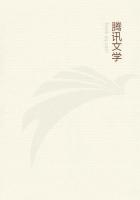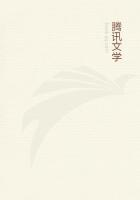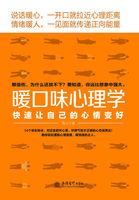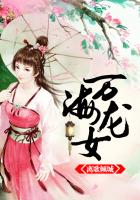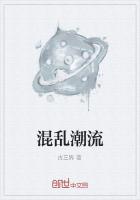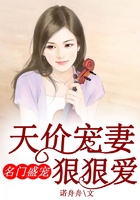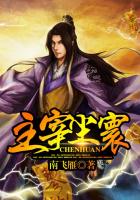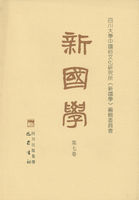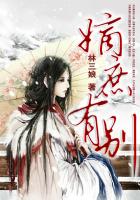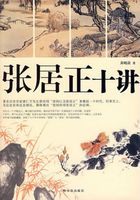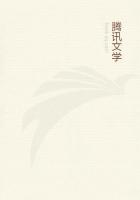Without the presence or the fear of these exotic maladies, the forlorn voyagers of the Mayflower had sickness enough to contend with. At their first landing at Cape Cod, gaunt and hungry and longing for fresh food, they found upon the sandy shore "great mussel's, and very fat and full of sea-pearl." Sailors and passengers indulged in the treacherous delicacy; which seems to have been the sea-clam; and found that these mollusks, like the shell the poet tells of, remembered their august abode, and treated the way- worn adventurers to a gastric reminiscence of the heaving billows.
In the mean time it blew and snowed and froze. The water turned to ice on their clothes, and made them many times like coats of iron.
Edward Tilley had like to have "sounded" with cold. The gunner, too, was sick unto death, but "hope of trucking" kept him on his feet,--a Yankee, it should seem, when he first touched the shore of New England. Most, if not all, got colds and coughs, which afterwards turned to scurvy, whereof many died.
How can we wonder that the crowded and tempest-tossed voyagers, many of them already suffering, should have fallen before the trials of the first winter in Plymouth? Their imperfect shelter, their insufficient supply of bread, their salted food, now in unwholesome condition, account too well for the diseases and the mortality that marked this first dreadful season; weakness, swelling of the limbs, and other signs of scurvy, betrayed the want of proper nourishment and protection from the elements. In December six of their number died, in January eight, in February, seventeen, in March thirteen.
With the advance of spring the mortality diminished, the sick and lame began to recover, and the colonists, saddened but not disheartened, applied themselves to the labors of the opening year.
One of the most pressing needs of the early colonists must have been that of physicians and surgeons. In Mr. Savage's remarkable Genealogical Dictionary of the first settlers who came over before 1692 and their descendants to the third generation, I find scattered through the four crowded volumes the names of one hundred and thirty- four medical practitioners. Of these, twelve, and probably many more, practised surgery; three were barber-surgeons. A little incident throws a glimmer from the dark lantern of memory upon William Direly, one of these practitioners with the razor and the lancet. He was lost between Boston and Roxbury in a violent tempest of wind and snow; ten days afterwards a son was born to his widow, and with a touch of homely sentiment, I had almost said poetry, they called the little creature "Fathergone" Direly. Six or seven, probably a larger number, were ministers as well as physicians, one of whom, I am sorry to say, took to drink and tumbled into the Connecticut River, and so ended. One was not only doctor, but also schoolmaster and poet. One practised medicine and kept a tavern.
One was a butcher, but calls himself a surgeon in his will, a union of callings which suggests an obvious pleasantry. One female practitioner, employed by her own sex,--Ann Moore,--was the precursor of that intrepid sisterhood whose cause it has long been my pleasure and privilege to advocate on all fitting occasions.
Outside of this list I must place the name of Thomas Wilkinson, who was complained of, is 1676, for practising contrary to law.
Many names in the catalogue of these early physicians have been associated, in later periods, with the practice of the profession,-- among them, Boylston, Clark, Danforth, Homan, Jeffrey, Kittredge, Oliver, Peaslee, Randall, Shattuck, Thacher, Wellington, Williams, Woodward. Touton was a Huguenot, Burchsted a German from Silesia, Lunerus a German or a Pole; "Pighogg Churrergeon," I hope, for the honor of the profession, was only Peacock disguised under this alias, which would not, I fear, prove very attractive to patients.
What doctrines and practice were these colonists likely to bring, with them?
Two principal schools of medical practice prevailed in the Old World during the greater part of the seventeenth century. The first held to the old methods of Galen: its theory was that the body, the microcosm, like the macrocosm, was made up of the four elements-- fire, air, water, earth; having respectively the qualities hot, dry, moist, cold. The body was to be preserved in health by keeping each of these qualities in its natural proportion; heat, by the proper temperature; moisture, by the due amount of fluid; and so as to the rest. Diseases which arose from excess of heat were to be attacked by cooling remedies; those from excess of cold, by heating ones; and so of the other derangements of balance. This was truly the principle of contraries contrariis, which ill-informed persons have attempted to make out to be the general doctrine of medicine, whereas there is no general dogma other than this: disease is to be treated by anything that is proved to cure it. The means the Galenist employed were chiefly diet and vegetable remedies, with the use of the lancet and other depleting agents. He attributed the four fundamental qualities to different vegetables, in four different degrees; thus chicory was cold in the fourth degree, pepper was hot in the fourth, endive was cold and dry in the second, and bitter almonds were hot in the first and dry in the second degree. When we say "cool as a cucumber," we are talking Galenism. The seeds of that vegetable ranked as one of "the four greater cold seeds" of this system.
Galenism prevailed mostly in the south of Europe and France. The readers of Moliere will have no difficulty in recalling some of its favorite modes of treatment, and the abundant mirth he extracted from them.
These Galenists were what we should call "herb-doctors" to-day.


